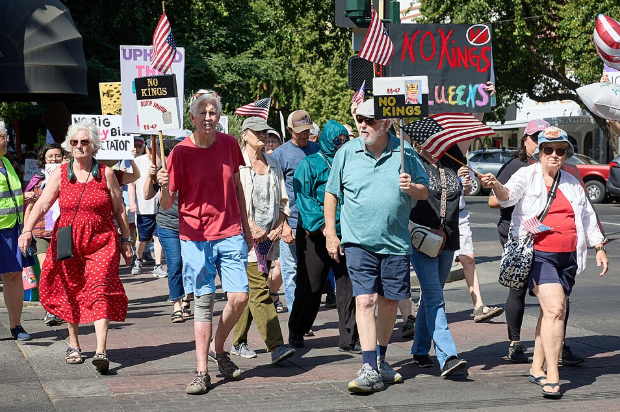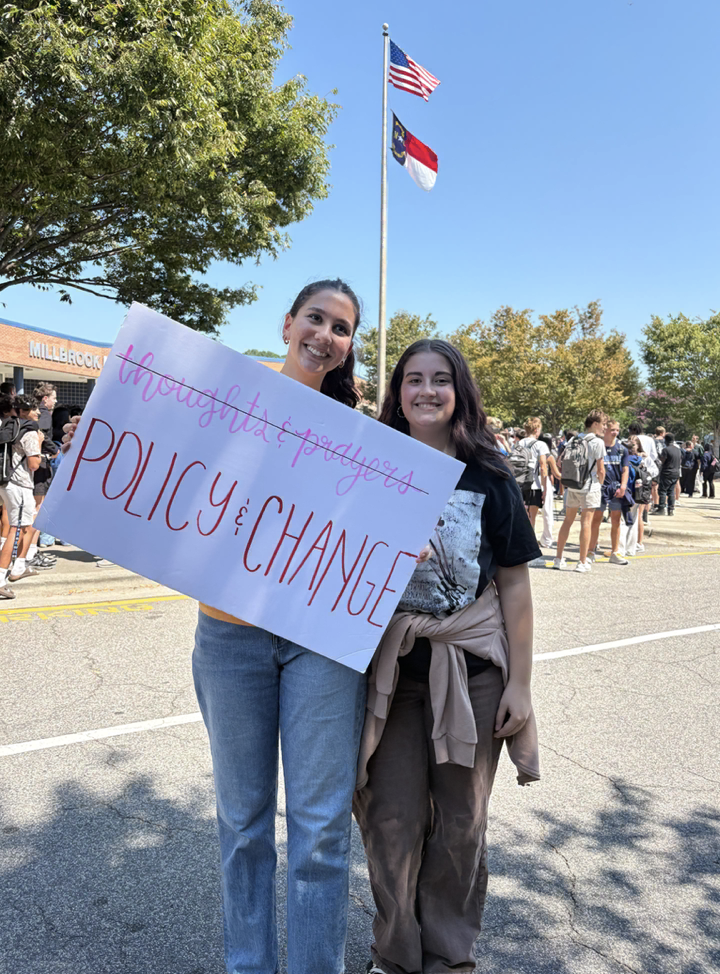Pope Francis, the head of the Catholic Church, the bishop of Rome and sovereign of the Vatican City State, has officially granted approval of Catholic priests to bless same-sex couples with the exception that they don’t endorse the union. This is the Catholic church’s most liberal decree so far on the issue of same-sex couples.
This decision has American Catholics split, leading to many conservative catholics being disappointed while gay Catholics celebrate the new rule as a milestone for the church’s acceptance of LGBTQ believers. Although the pope’s decision does not mean that the church will now marry same-sex couples, priests may now offer their blessing to people in same-sex marriages as long as the blessings don’t take form as “a liturgical rite that could be confused with the sacrament of marriage.” It is also prohibited to include any clothing, gestures or words that are proper to a wedding,” according to Ruth Graham and Amy Harmon for The New York Times.
In October, Francis had hinted at the possibility of blessing same-sex couples. Later in November, the pope made clear that transgender people could be baptized, serve as godparents and be witnesses at church weddings in certain circumstances. In 2021, a document from the Vatican’s doctrinal office said, “Such blessings would not legitimize irregular situations but be a sign that God welcomes all. It should in no way be confused with the sacrament of heterosexual marriage,” it added.
This new decision was a major departure for the Vatican since it was only two years ago when Francis said that God “cannot bless sin” in a controversial 2021 decision about same-sex couples. Since he became pope in 2013, he has urged the decriminalization of homosexuality. When asked in 2013 about gay priests, he famously replied: “If someone is gay and he searches for the Lord and has good will, who am I to judge?”
This change generally shows a positive shift towards inclusivity and equal rights for the LGBTQ community. For Generation Z, this aids in fostering a society that values love regardless of gender, and a possible increase in acceptance and understanding among younger generations. In the future, acceptance leads to greater understanding and tolerance which can influence societal norms, policies, and laws to be more impartial.
However, others have expressed resistance due to traditional beliefs. The response from conservative catholics has been a mix of support, opposition, and a call for dialogue within the Church. These individuals typically hold more conservative views based on traditional and literal interpretations of religious texts, leading to their outspoken opposition. Overall, it’s a complex topic with diverse perspectives within the Christian community, but the Catholic Church’s head is moving in a more accepting direction.















